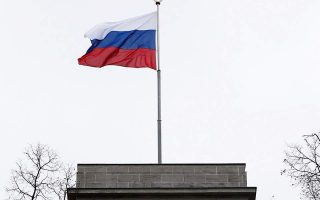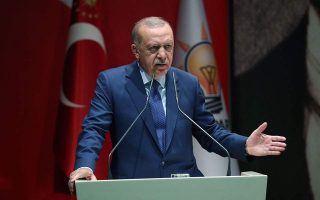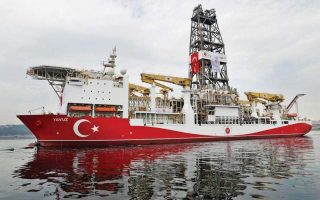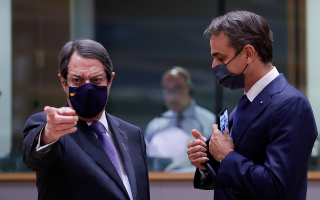Turkey’s opening of Varosha decried internationally
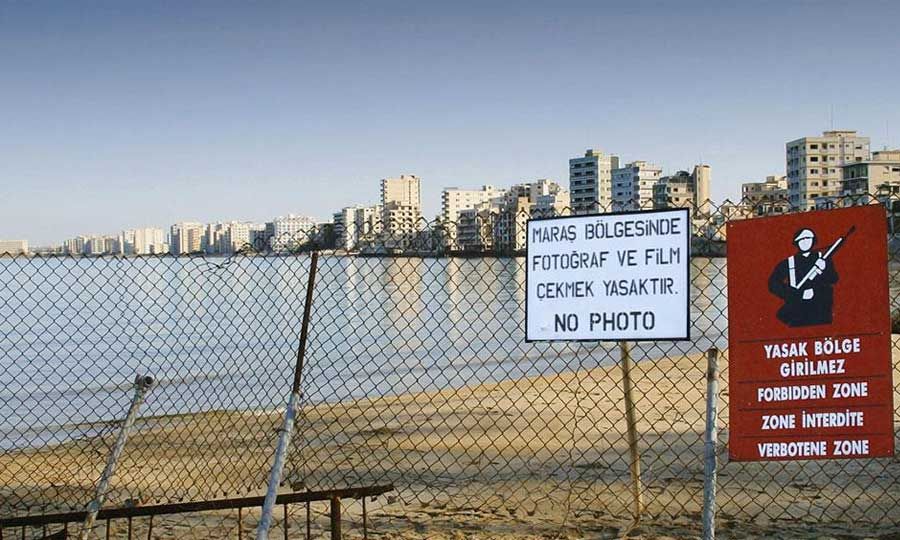
Turkey’s plans to open the beach of Varosha, the fenced-off southern quarter of the city of Famagusta in Turkish-occupied Cyprus, has sparked reactions in Greece and around the world as it not only violates relevant United Nations resolutions, but also raises significant obstacles in the ongoing effort for a resumption of talks to reunify the war-torn island.
“This decision is a blatant violation of the UN Security Council Resolutions and Greece is going to support all the relevant efforts of the Republic of Cyprus,” said Prime Minister Kyriakos Mitsotakis, who spoke on Wednesday with Cyprus President Nicos Anastasiades, as bulldozers entered Varosha so that it can be developed by Turkish Cypriots.
Varosha’s Greek-Cypriot residents fled during the Turkish invasion of Cyprus in 1974 and it has remained a no-man’s land for 46 years. Since then it has been used by Ankara as a bargaining chip in talks to resolve the island’s division. Ankara has maintained occupation troops in the northern part of Cyprus ever since.
Greek diplomatic sources also rued the move as it points to Turkey’s rejection of the path clearly indicated in the conclusions of the recent European Union Summit for a more constructive relationship between Ankara and Brussels.
German government spokesman Steffen Seibert described the town’s opening as “unnecessary and provocative” while lamenting that the Turkish move runs counter to efforts to de-escalate tensions in the Eastern Mediterranean.
The Russian Foreign Ministry said the move is “unacceptable,” while decrying “unilateral actions” that violate scores of UN Security Council Resolutions.
The European Union High Representative Josep Borrell spoke of a “serious violation of the ceasefire agreement” under the UN.
The opening of Varosha is taking place ahead of Turkish-Cypriot elections on Sunday.
Meanwhile on Wednesday, Athens recalled its ambassador to Azerbaijan for consultations after the “unfounded and offensive” claims by Baku that Greece tolerated having terrorist militants in its territory so that they could plan attacks on Azerbaijan in the context of the Nagorno-Karabakh conflict.
